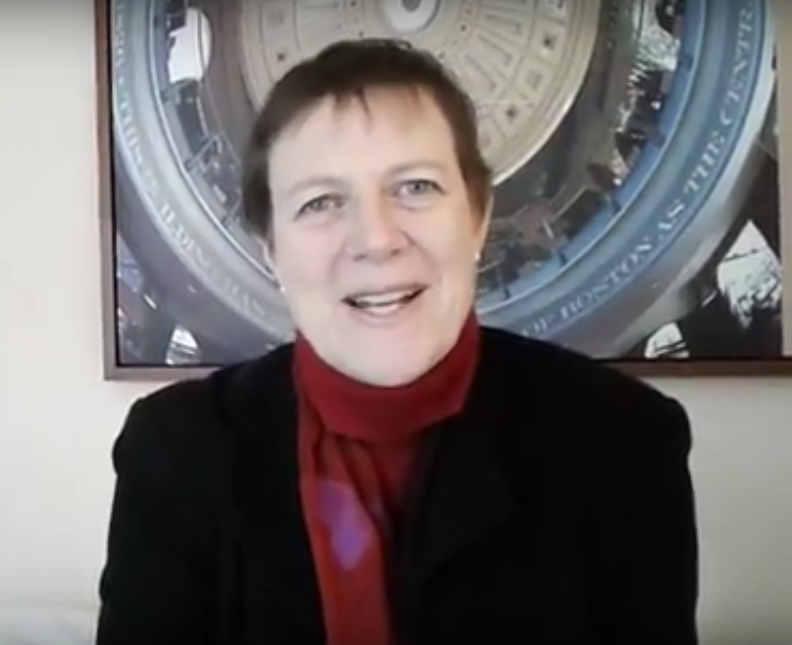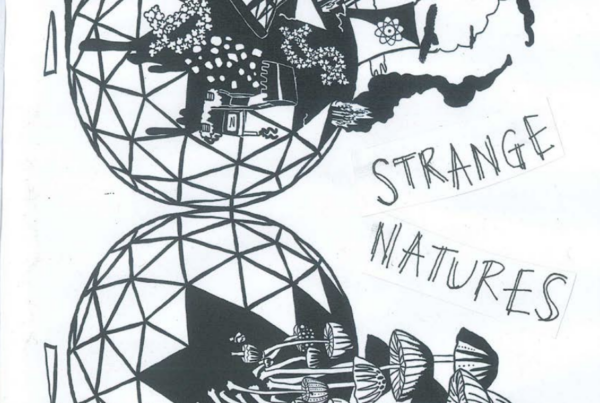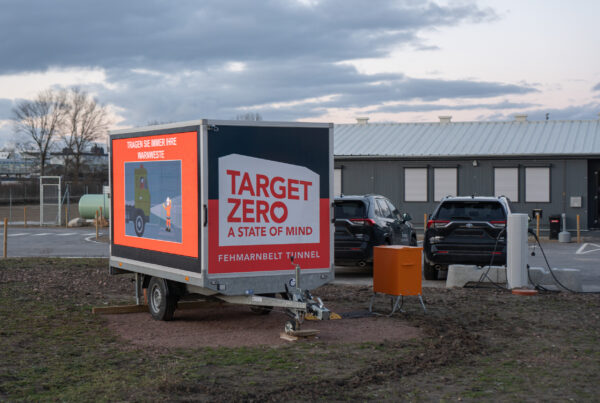The world’s global institutions and governments with decision power on the future of millions of people living in rural areas want to continue with business as usual: industrialization and urbanization. Number two of a two-part video interview with Tania Murray Li.
Tania Murray Li, Professor of Anthropology, Canada Research Chair in the Political-Economy and Culture of Asia, and Director of the Centre for Southeast Asian Studies, University of Toronto argues that the transition narrative should be rejected: the unevenness and injustices produced by development should be enough to dismiss it as a paradigm to be globalized and should invite the investigation of possibilities for alternatives at all levels of decision making.
This is the second of two video interviews conducted with Professor Li during the American Association of Geographers’ conference held from April 5-9, 2017 in Boston, USA.






They say that in life you need to try everything. Are there things you will never try?